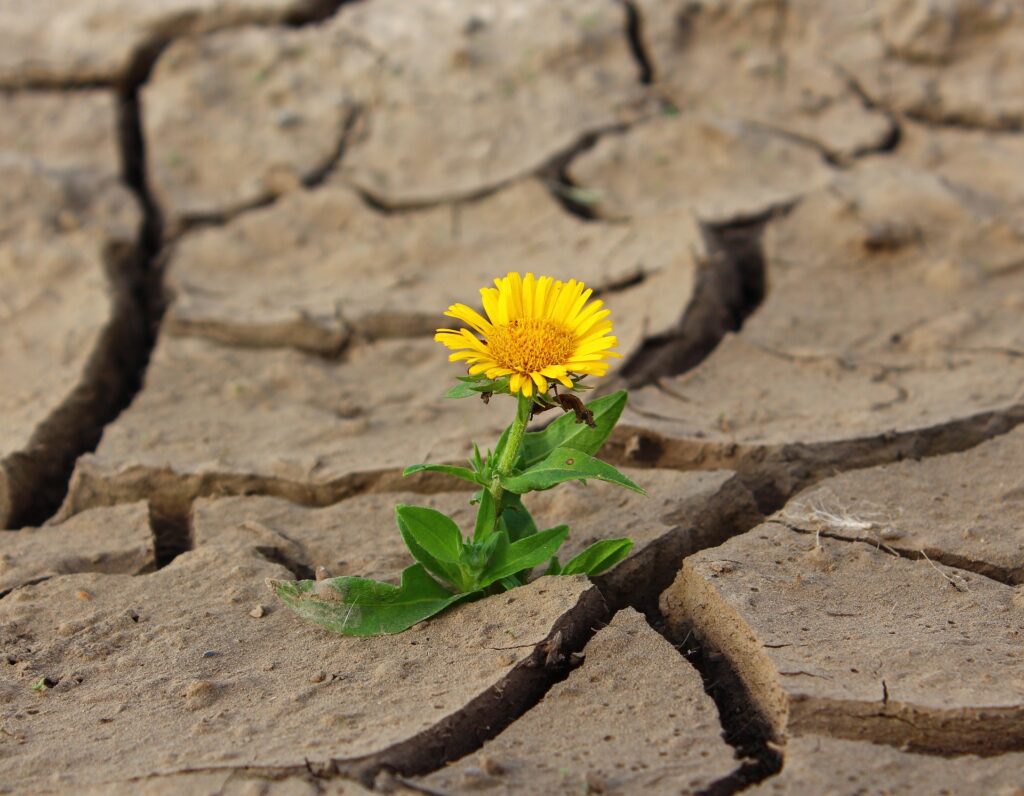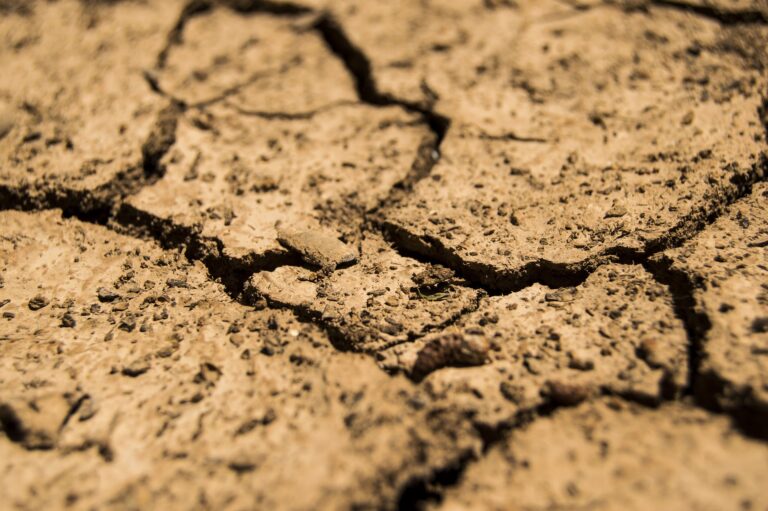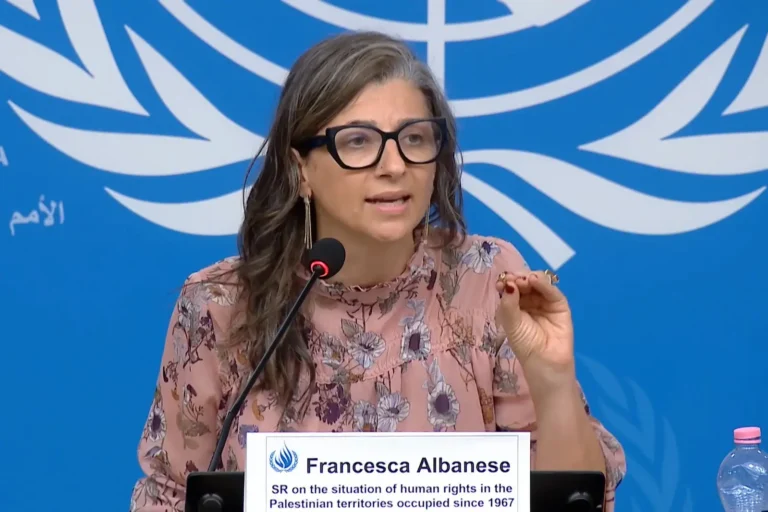By Sofia Andreotti
Water, the elixir of life, is an indispensable resource that sustains all forms of life on Earth. However, the world is currently grappling with a growing and alarming water shortage crisis that threatens ecosystems, human health, and food security. As population growth, climate change, and unsustainable water management practices converge, it becomes imperative to delve into the root causes, consequences, and potential solutions to address the global water scarcity issue.
I. Causes of Water Shortage:
- Population Growth: The global population is rapidly expanding, placing unprecedented demands on water resources for drinking, sanitation, and agriculture. As more people vie for access to water, the strain on available sources intensifies.
- Climate Change: The changing climate patterns lead to irregular precipitation, prolonged droughts, and extreme weather events, affecting the availability and distribution of water. This exacerbates water scarcity in vulnerable regions.
- Poor Water Management: Inefficient and unsustainable water management practices contribute significantly to the depletion of water sources. Over-extraction of groundwater, pollution, and deforestation further compound the problem.

II. Consequences of Water Shortage:
- Human Health: Insufficient access to clean water jeopardizes public health, leading to waterborne diseases and sanitation-related issues. Lack of proper hygiene exacerbates the spread of illnesses, particularly in developing regions.
- Agricultural Impact: Agriculture is a major consumer of water, and water scarcity threatens food production. Crop failure, reduced yields, and increased food prices become significant concerns, affecting global food security.
- Ecosystem Disruption: Aquatic ecosystems suffer as rivers, lakes, and wetlands dry up or become contaminated. Biodiversity loss, habitat destruction, and disruptions in the natural balance of ecosystems result from prolonged water scarcity.
III. Regional Disparities:
Water scarcity is not uniformly distributed across the globe. Some regions face acute shortages due to a combination of environmental, economic, and social factors. The Middle East, parts of Africa, and parts of Asia are particularly vulnerable, with arid climates and high population densities intensifying the crisis.
IV. Solutions to Mitigate Water Shortage:
- Sustainable Water Management: Implementing efficient and sustainable water management practices is crucial. This includes the responsible use of water resources, reducing waste, and promoting water conservation measures.
- Infrastructure Development: Investment in water infrastructure, such as dams, reservoirs, and efficient irrigation systems, can help store and distribute water effectively, especially in regions prone to drought.
- Conservation and Education: Raising awareness about water conservation and the importance of responsible water use is essential. Education programs can empower communities to adopt practices that reduce water consumption.
- Research and Innovation: Investing in research and technology to develop innovative solutions for water treatment, desalination, and sustainable agriculture can contribute significantly to alleviating water scarcity.
The global water shortage crisis is a complex challenge that requires collective and immediate action. As the world navigates these challenging waters, it is imperative to implement sustainable practices, prioritize water conservation, and invest in solutions that address the root causes of water scarcity. Only through a concerted global effort can we hope to secure a sustainable future where water is abundant and accessible to all.
Source: Worldenvironment Magazine




